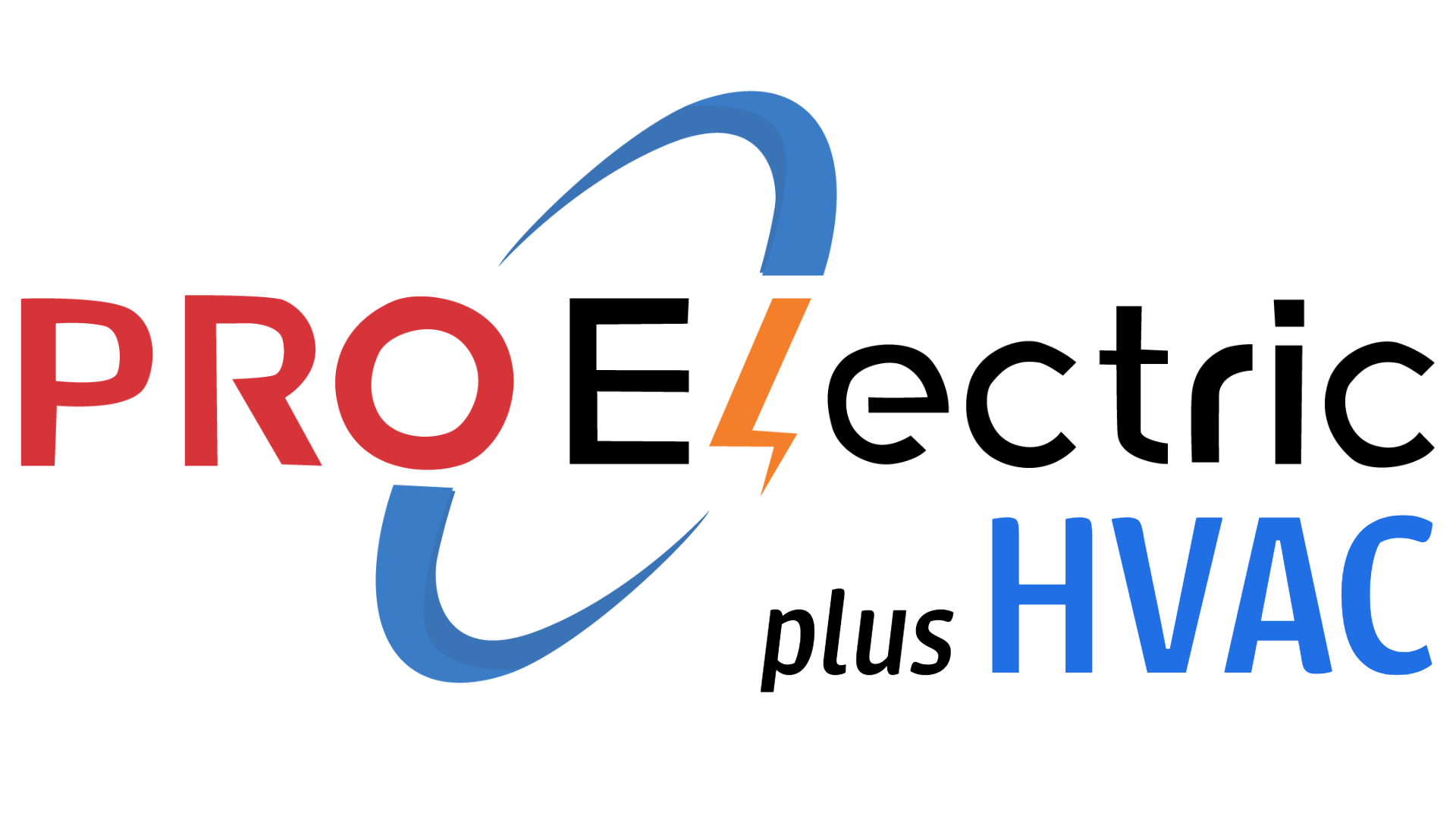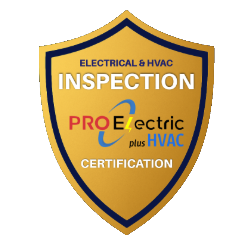Getting an electrical permit is often a requirement for homeowners doing certain types of work.
Electrical permits ensure that work meets applicable local electrical safety codes and that the work is inspected by the municipality, which is done to protect the home from dangerous conditions.
If you live in Fairfax, Arlington, Loudoun, or Prince William County, here is a guide for when you need an electrical permit and when you don’t.
Why Are Electrical Permits Important?
These electrical permits ensure your home’s electrical system is safe.
If you want to work on your house’s electrical system, you have to get a permit from the county before doing so.
A licensed electrician must apply for an electrical permit before commencing specific work.
If you don’t get a permit, you are at risk for fines, failure from an inspection, and unsafe wiring that could cause the house to burn down.
When Do You Need an Electrical Permit?
New Circuit Installation
If you’re going to add a new electrical circuit to your home, you must apply for a permit. An inspector will come and check that the new circuit is safe and has enough capacity to carry the load.
Electrical Panel Upgrades
You would need a permit to upgrade or replace your main electrical panel.
Installing a Subpanel
If you want to add a subpanel, you must get a permit. That’s because when you add a subpanel, you’re extending your electrical system. Safety inspections are a must.
Heavy Appliance Installation
A permit is required if you are installing an appliance that requires a dedicated circuit (e.g., a dryer, HVAC unit, oven, etc.). These appliances require a lot of power.
Pool or Hot Tub Wiring
Getting a permit to wire pools, hot tubs, or new electrical connections would be best. Water and electricity don’t mix.
Electric Vehicle Charging Stations
You can have an electric vehicle, but you must apply for a permit to install a charging station. The county inspects the work to ensure it is done correctly.
Solar Panel Installation
You will need a permit if you add solar panels to your house.
This ensures the system will interact safely with your home’s electrical grid.
Whole-House Rewiring
Having your whole house rewired requires a permit, since it involves replacing the old wiring with up-to-code wiring.
Other Permit-Required Electrical Work
-
Generator installation
-
Underground wiring installation
-
Service line upgrades
-
Home addition wiring
-
New circuit breakers
Electrical Work That Does Not Require Permits
Replacing Outlets and Switches
You don’t need a permit to replace old outlets or light switches.
Installing Light Fixtures
You do not need a permit to replace an old light fixture with a new one.
Replacing Light Bulbs and Smoke Detectors
Routine maintenance, like changing light bulbs or upgrading battery-operated smoke detectors, doesn’t need permits.
Ceiling Fan Replacement
You don’t need a permit to replace an existing ceiling fan in the exact location.
Smart Home Device Installation
A permit is all you need to install smart devices, such as NEST thermostats, Smart meters, or motion detectors, that need to be added to an existing wiring system.
Risks of Skipping Permits
Without a permit, a contractor can work in unsafe ways, which can lead to electrical fires and shocks and other hazards.
You can also pay fines; your insurance might not cover damage caused by unpermitted work.
Why You Should Hire a Licensed Electrician
A licensed electrician will know if a permit is required and will apply for it for you if it is.
The work will be done correctly, to code, and safely.
Whether in Fairfax, Arlington, Loudoun, or Prince William Counties, here’s what you must do to protect your home and family.
For the jobs that require a permit, get one – and hire our insured, licensed professional to do it right.



